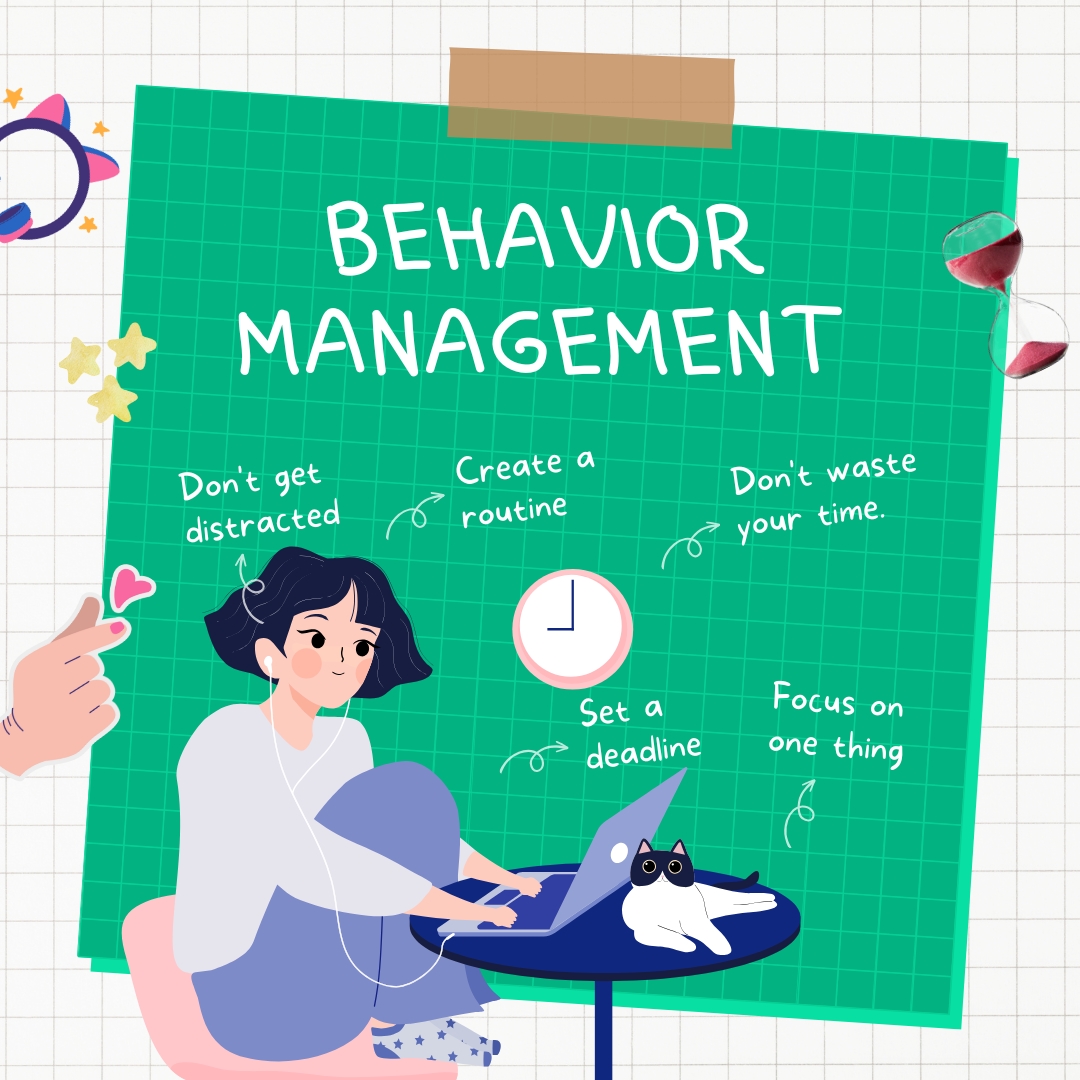A Guide for Parents : Behavior management
Managing the behavior of toddlers and preschoolers can often feel like navigating a rollercoaster of emotions. At this stage, children are developing rapidly in all areas—physically, emotionally, and socially—which can lead to unpredictable outbursts, mood swings, and defiance. However, it’s also a time when children begin to understand rules, boundaries, and acceptable behavior, making it an important period for establishing discipline and behavioral guidance. Here’s a guide to managing your toddler’s and preschooler’s behavior in a positive and effective way.
Understanding Developmental Changes
Before diving into specific strategies for behavior management, it’s crucial to understand why toddlers and preschoolers behave the way they do. At this stage, children are learning how to communicate their needs and feelings, which they often do through actions rather than words. They may throw tantrums or act out when they feel frustrated, overwhelmed, or unable to express themselves.
Additionally, toddlers are just beginning to assert their independence, leading to behaviors like refusing to follow instructions or insisting on doing things their own way. Preschoolers, on the other hand, are becoming more aware of social dynamics and may test boundaries to see how much they can get away with.
Understanding these developmental milestones can help parents approach behavior management with empathy and patience.
Effective Behavior Management Strategies
- Consistency is Key
Children thrive on routine and consistency. When they know what to expect, they feel more secure and are more likely to follow the rules. Whether it’s enforcing a bedtime routine or reminding them about not throwing toys, consistent expectations help toddlers and preschoolers understand what behaviors are acceptable.
- Tip: Set clear rules for your child and stick to them. If you allow something one day and then say no the next, your child will become confused and more likely to test limits.
- Positive Reinforcement
Praise and encouragement go a long way in promoting good behavior. Toddlers and preschoolers love to please their parents, and acknowledging their efforts with positive reinforcement can motivate them to continue behaving well.
- Tip: Praise your child when they follow rules or demonstrate positive behavior. For example, say, “Great job sharing your toys with your friend!” Positive reinforcement can be verbal, or you can use rewards like stickers or small treats to reinforce good behavior.
- Set Clear Boundaries
Even though toddlers and preschoolers are learning about independence, they still need boundaries to understand what’s acceptable. It’s important to set limits that are age-appropriate and to explain why these rules are in place.

- Tip: Use simple and clear language to explain rules and expectations. For instance, instead of just saying, “No running,” explain, “No running in the house because you could fall and hurt yourself.”
- Offer Choices
When possible, offering limited choices can help toddlers and preschoolers feel empowered while still guiding their behavior. Giving them control over small decisions prevents power struggles while encouraging cooperation.
- Tip: Offer two choices instead of making demands. For example, “Do you want to wear the blue shirt or the red one?” This allows them to feel involved while maintaining boundaries.
- Time-Outs
Time-outs can be an effective tool to help toddlers and preschoolers calm down after misbehaving. The goal of a time-out is not to punish but to give the child a chance to cool off and reflect on their behavior.
- Tip: Keep time-outs brief—about one minute per year of the child’s age. After the time-out, calmly explain why their behavior was inappropriate and encourage them to apologize if necessary.
- Teach Emotional Regulation
Toddlers and preschoolers are still learning how to manage their emotions, which is why tantrums and outbursts are common. Teaching them how to identify and express their feelings appropriately is key to behavior management.
- Tip: Label your child’s emotions to help them understand what they are feeling. For instance, “I see that you’re feeling angry because you can’t play with the toy right now.” Teaching deep breathing or counting to ten are great techniques for helping them manage frustration.
Dealing with Common Behavior Issues
- Tantrums: Tantrums are a natural part of toddlerhood. The best approach is to stay calm, ignore the tantrum if it’s not harmful, and wait for the child to calm down before addressing their needs.
- Aggression: Toddlers and preschoolers may hit, bite, or push when frustrated. Immediately stop the behavior and calmly explain that hurting others is not acceptable. Encourage them to use words to express their frustration.
- Defiance: When children refuse to follow instructions, it’s usually a sign they want control. Offer choices or redirect their attention to a different activity to diffuse the situation.
Conclusion
Managing the behavior of toddlers and preschoolers requires patience, consistency, and understanding. By setting clear boundaries, using positive reinforcement, and teaching emotional regulation, parents can guide their children through these formative years with compassion and structure. With time and consistent effort, children will learn how to manage their behavior and emotions in a healthy and constructive way.


